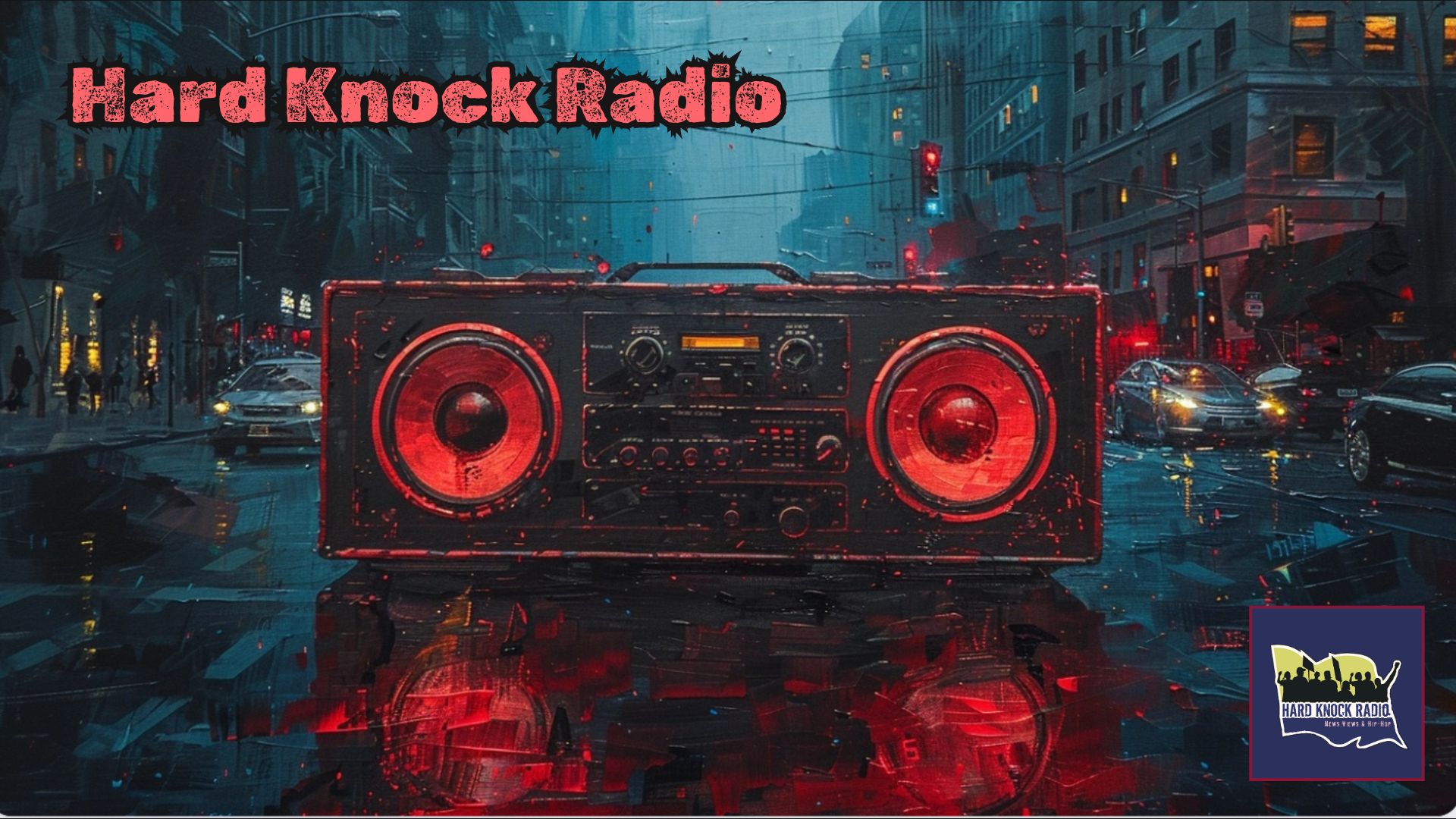First Segment: Community-Led Solutions for Public Safety with George Galvis
In a detailed discussion with George Galvis, the Executive Director of Communities United for Restorative Youth Justice (CURYJ), Davey D explored the effectiveness of community-led solutions in addressing public safety issues. George criticized traditional approaches like increased policing and prison budgets, particularly in light of the 2020 crime surge in vulnerable areas. Instead, he championed initiatives such as the Oscar Grant Youth Development program, which aim at tackling the root causes of crime. Davey D acknowledged the progress and challenges faced by such initiatives, citing the successes of Proposition 47 and efforts to remove police from schools, despite facing significant backlash.
The conversation also touched on the impact of political recalls and the potential return of repressive laws which could harm rehabilitated individuals and exacerbate societal issues. George expressed concern over socio-economic challenges in Oakland and California, such as high prison spending versus low educational investment, and the negative impacts of gentrification and displacement fueled by tech and real estate interests.
Moreover, George discussed the rise of ‘cop cities’—highly militarized training facilities—which he believes aim to suppress activism and are a response to movements like Black Lives Matter. He highlighted a controversial police facility being built in Atlanta on traditional Muskogee Creek land, fearing similar developments in California, like the planned ‘cop city’ in San Pablo.
The segment concluded with details about the upcoming Oscar Grant Youth Power Zone Gala, aiming to highlight and fund a decarceration model in Alameda County, featuring performances and a panel on Black and Indigenous solidarity.
Second Segment: The Role of Film Festivals and Challenges in the Streaming Era with Cree Ray & Ed La Borde Jr.
Davey D conversed with Cree Ray, director of the SF Black Film Festival, and filmmaker Ed La Borde Jr., focusing on the significance and challenges of film festivals in the modern era. Cree emphasized that film festivals provide vital networking opportunities and a personal touch missing in traditional cinema settings, attracting diverse audiences and giving filmmakers of all backgrounds a platform for exposure.
Ed La Borde discussed the difficulties faced by the film industry, exacerbated by the COVID-19 pandemic and the rise of streaming platforms, which have reshaped monetization strategies to the detriment of industry professionals. Despite these challenges, he argued that compelling storytelling could still thrive on modest budgets, as demonstrated by his film “Timeless.”
Looking ahead, Cree announced an upcoming film festival featuring narrative-driven films and special programs, including a documentary on a black-owned brewery and a session with Mario Van Peebles. Furthermore, Cree expressed interest in producing a documentary to chronicle her grandmother Montague’s legacy in founding the festival and her father’s artistic contributions, emphasizing the importance of documenting the cultural and community-building impacts across generations.
Additionally, the conversation veered into the potential of a digital underground group venturing into film production, sharing an amusing anecdote to highlight their creative readiness. Overall, the discussion underscored the transformative role of film festivals and the ongoing challenges and opportunities within the film industry in the digital age.


Leave a Reply